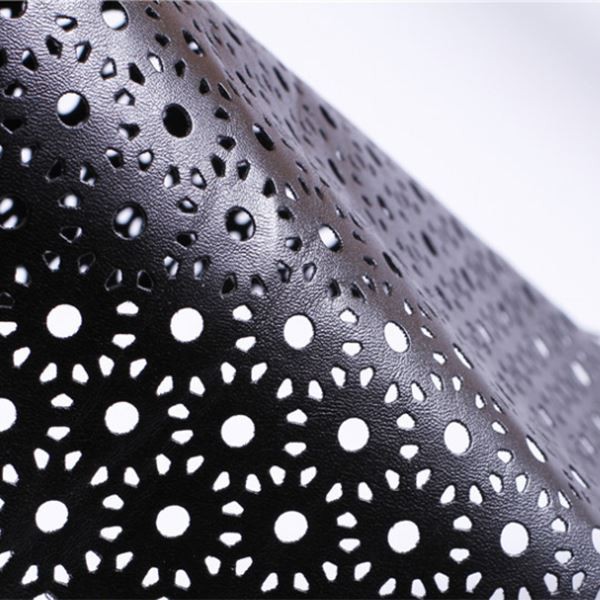Best way to patch that is insert a piece of leather under the tear, then glue the torn parts on top of it.
That will hold everything together better.
A place to share ideas, knowledge and creations with textiles. The focus is on reducing waste, whether that be sewing from the scraps left from other projects, using the end of rolls and remnants, or repairing and remaking finished pieces.
Best way to patch that is insert a piece of leather under the tear, then glue the torn parts on top of it.
That will hold everything together better.
Or maybe put a patch over the glued parts with the same coloring and worn out as the rest of the jacket, maybe make it look like a decoration.
Thank you for tips! I don’t know where to find a patch that matches the jacket’s leather. What if Put something like an embroidered patch over it? Or better just try and find a similar material to glue it together instead?
Hm... if you can't find an almost identical piece, whatever you do, you better do it on both sleeves, so it looks like it's part of the design, not a patch.
If you can't find something that even closely resembles the leather on your jacket, take any piece of leather that's light colored, but darker than the color of the jacket, make some zig-zag stiches on the edges of the piece (kind of like a decoration, use a thead that is almost the same color as the piece or the jacket, not something in between) and just glue that over the torn part from the front side. Use rubber based adhesives, they work best with leather. Then, do the other sleeve as well (for symetry). Stitch over the patch in any way you like, to add a bit of robustness to the patch.
And that should be about it.
Thank you!
FYI: This technique is called "applique" if you want to be able to search for examples or tutorials.
Thank you! What if I put something like an embroidered patch over it? Or would it just look bad?
Personally I love visible mending such as embroidery, as I think it gives character and history to a well loved garment.
I would suggest putting leather under the tear with glue to strengthen the area, and then do some decorative stitching over it for added security and design!
Thank you! ^.^
I’d probably try a heavy cotton underneath as a patch and glue to that. If you could find a decorative braid or something that looks ok in a complimentary colour you could glue that around the cuff where it has torn for further reinforcement.
Possibly a strip of perforated leather or vinyl would work.

Thank you!
It's maybe an uncommon location for a patch but I wouldn't say it qualified as weird-in-a-bad-way
Thank you! :3
I have patches on my leather jacket that is the same colour as yours. I think they look cool but they're smaller and in a less annoying place (I worry a might make the cuff too thick in that spot). My preference for your jacket would be obvious stitching in a noticeable colour, but that's just me.
That gash makes me curious what happened? I would probably either remove the entire cuff (as it looks sewn on to the rest?) and replace it with something else - fabric (denim?) or leather if you can get hold of some. Or I would add something to the back - fabric in a similar colour - and use leatherwork needles to sew the gash shut with x-stitching. That way you close the gap, keep the leather look and get a "feature" from the stitch.